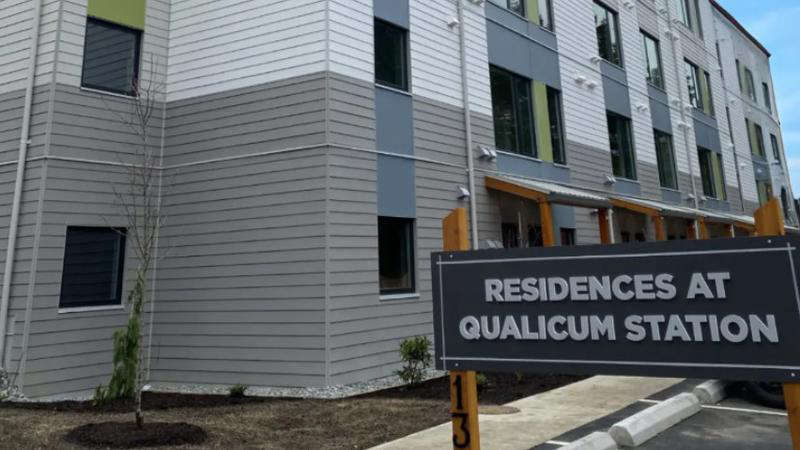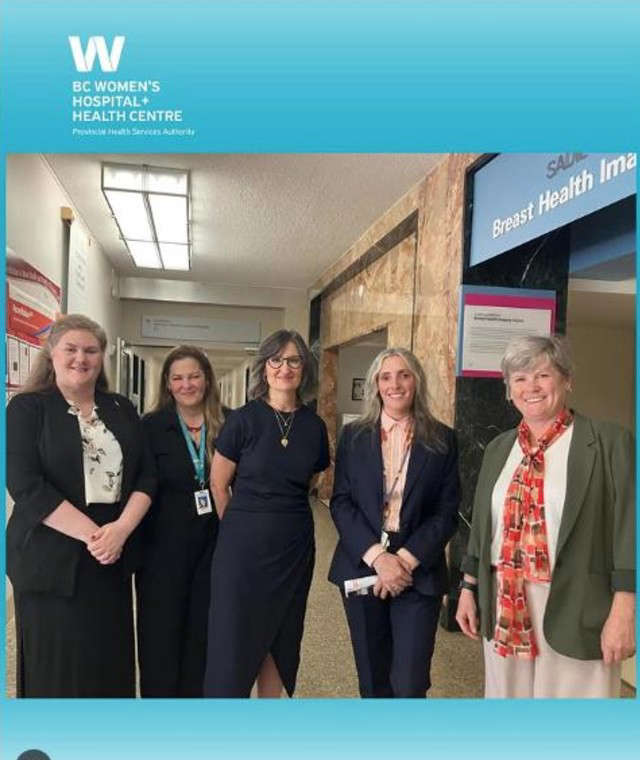
The Province with an update a year after launching the new Allied Health Strategic Plan, which focuses on recruitment, retention, training, and redesigning of the allied health workforce, to ensure people have access to the health-care providers they need.
“Nearly everyone has received care from an allied health professional at some point in their life,” said Adrian Dix, Minister of Health.
“Whether it is getting a blood sample collected by a medical laboratory assistant, seeing a physiotherapist for rehabilitation after surgery or talking about mental-health resources and community supports with a social worker, allied health professionals are a vital part of team-based health care that people in B.C. rely on. By taking action to support our allied health professionals and grow this workforce, we are ensuring that people in B.C. have access to the health-care provider they need when they need it.”
The AHSP is a multi-year road map, funded through B.C.’s Health Human Resources (HHR) Strategy, announced last year, which outlines 70 actions that focus on four cornerstones: retain, redesign, recruit, and train.
The AHSP highlights 42 actions in the HHR Strategy and introduces 15 new initiatives that the province says will directly affect and benefit the allied health workforce across the province.
Actions will be implemented over the next three to five years and includes $15 million to be spent over three years to fund training bursaries for priority programs, with the goal of attracting more students to priority nursing, allied-health education programs and the overall public health sector.
British Columbia’s allied health workforce is the second largest health workforce in the province. It includes more than 70 disciplines and approximately 70,000 individuals, who provide a range of preventative, diagnostic, technical and therapeutic health care.
For more information, visit Government of British Columbia.

 Death Of 17-Year-Old At Comox Lake
Death Of 17-Year-Old At Comox Lake
 Mental Health Crisis Results In Police Presence In Campbell River
Mental Health Crisis Results In Police Presence In Campbell River
 New Affordable Homes Open In Qualicum Beach
New Affordable Homes Open In Qualicum Beach
 Western Canada’s First Menopause Clinic Supports More People In B.C.
Western Canada’s First Menopause Clinic Supports More People In B.C.
 Province Boosts Tax Credit For Game Developers
Province Boosts Tax Credit For Game Developers
